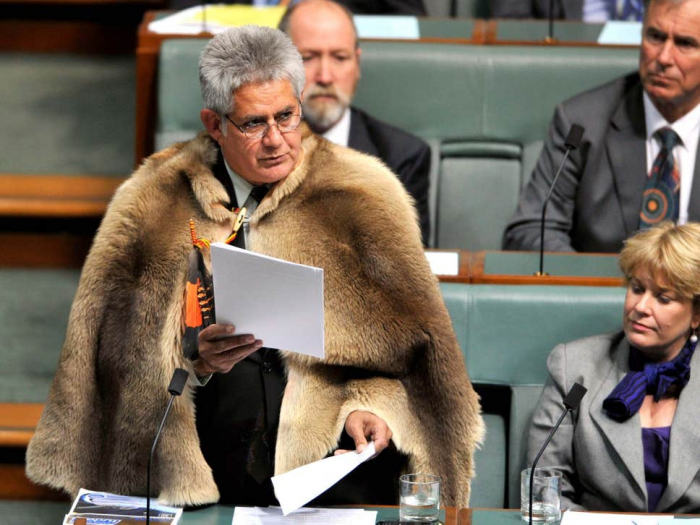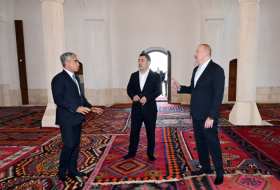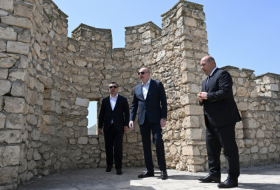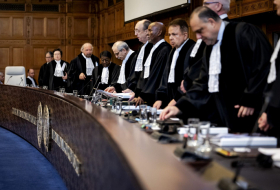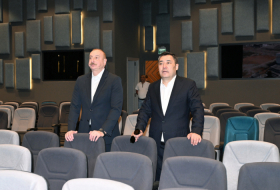The historic appointment was announced by prime minister Scott Morrison who has reshuffled and revamped his cabinet after winning a surprise majority in elections this month.
Mr Wyatt became the first indigenous Australian man to be elected to Australia’s House of Representatives in 2010 and in his maiden speech wore a kangaroo-skin cape known as a booka – a traditional symbol of leadership.
He was formerly the minister for aged care and indigenous health, which was an outer ministry position for which he did not sit in cabinet.
The 66-year-old conservative MP won an increased majority at the 2019 election, and his elevation to the cabinet has been widely celebrated by Indigenous Australians.
Australia has had a fraught relationship with its marginalised indigenous population throughout its modern history.
Before the first fleet carrying Europeans arrived in 1788 to found a penal colony, it is estimated there were between 750,000 and 1.5 million indigenous people living on the continent.
By 1901 the number was closer to just 100,000. Disease was one factor, but a significant proportion of people were killed.
Many were forced to work as slaves in the cattle industry and in land-clearing operations.
Relations deteriorated further in the 20th century when the law allowed a government-appointed “chief protector” to undertake the care, custody or control of an “Aboriginal or half-caste” if in his opinion it was necessary or desirable.
Between 1910 and 1970, many indigenous children were forcibly removed from their families. They would become known as the Stolen Generations.
Numerous protests characterised the decades after the Second World War and in 1976 the Aboriginal Land Right act was passed which recognised the rights of indigenous people to lands in the Northern Territory.
In 2008, then prime minister Kevin Rudd delivered a national apology to the Stolen Generations, and it was acknowledged that one in three children of Aboriginal and Torres Strait Islander peoples were forcibly removed from their families.
But deep-seated divisions remain in Australia, and Mr Wyatt faces major challenges over inequality and further recognition.
The Independent
More about: Australia








